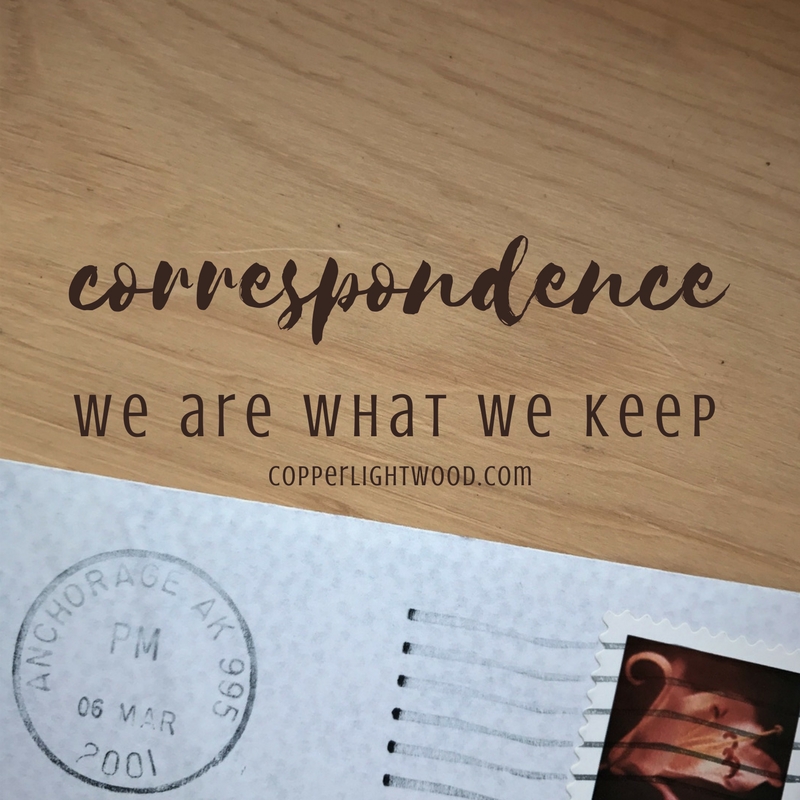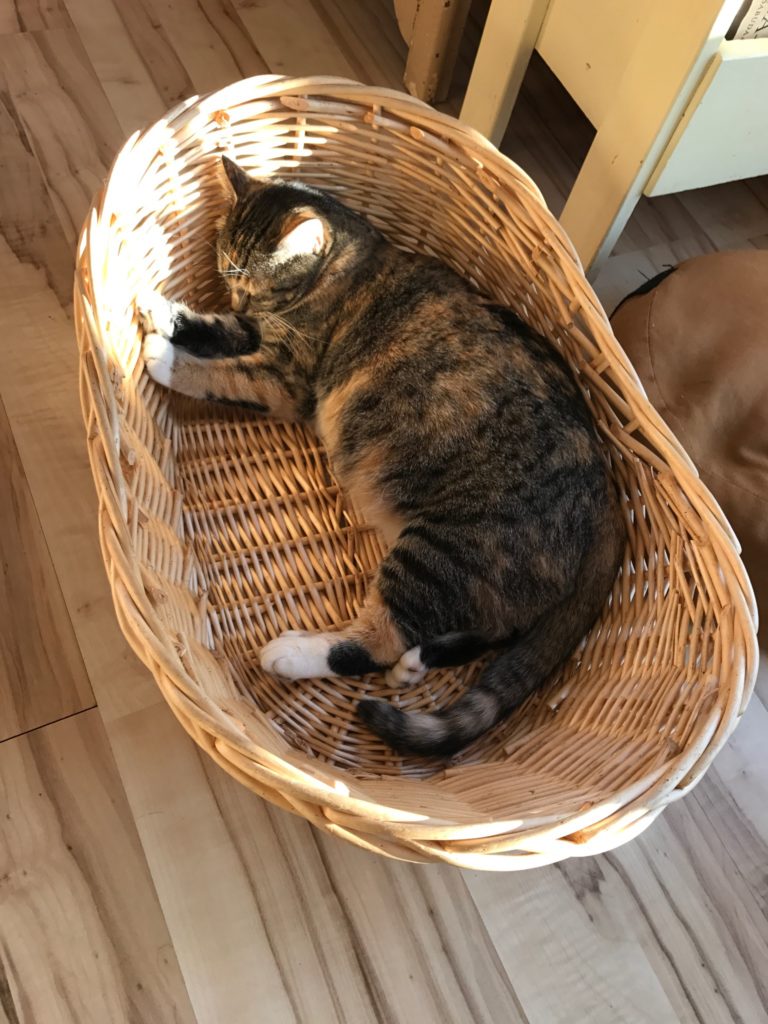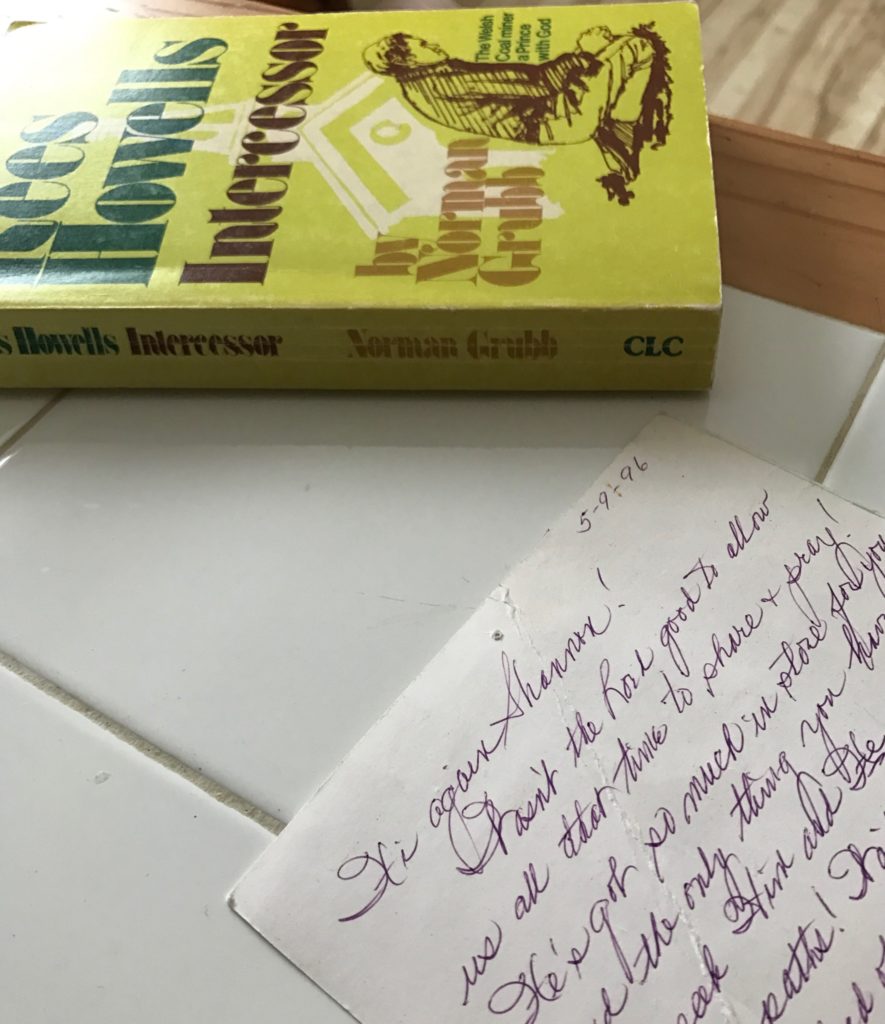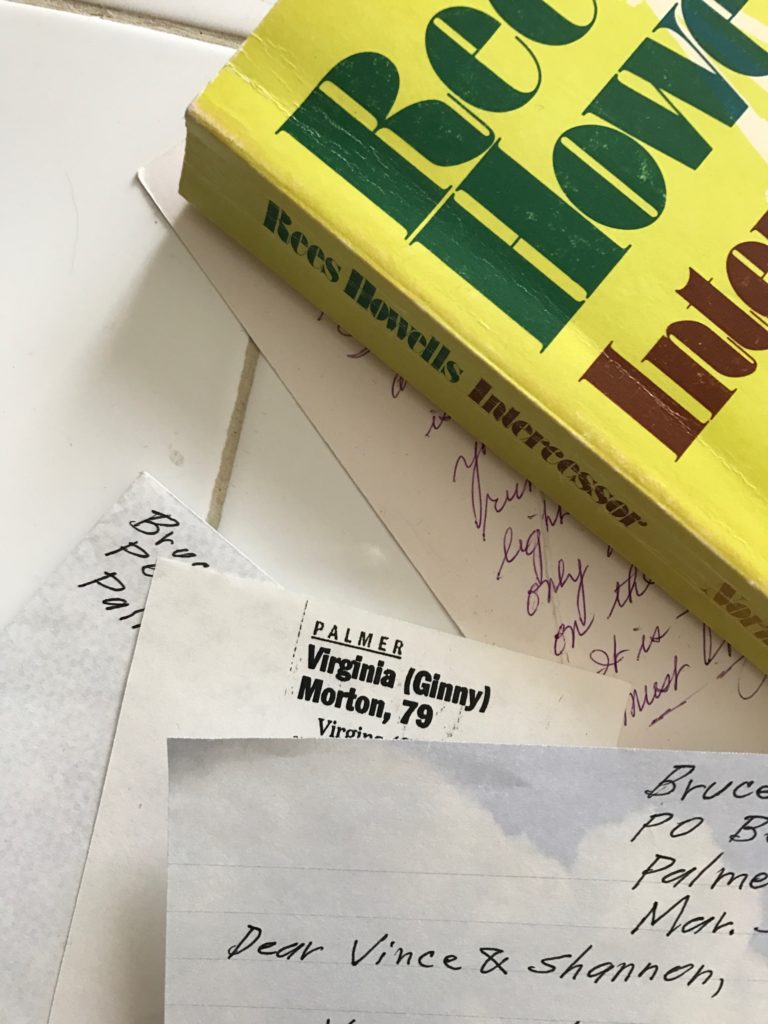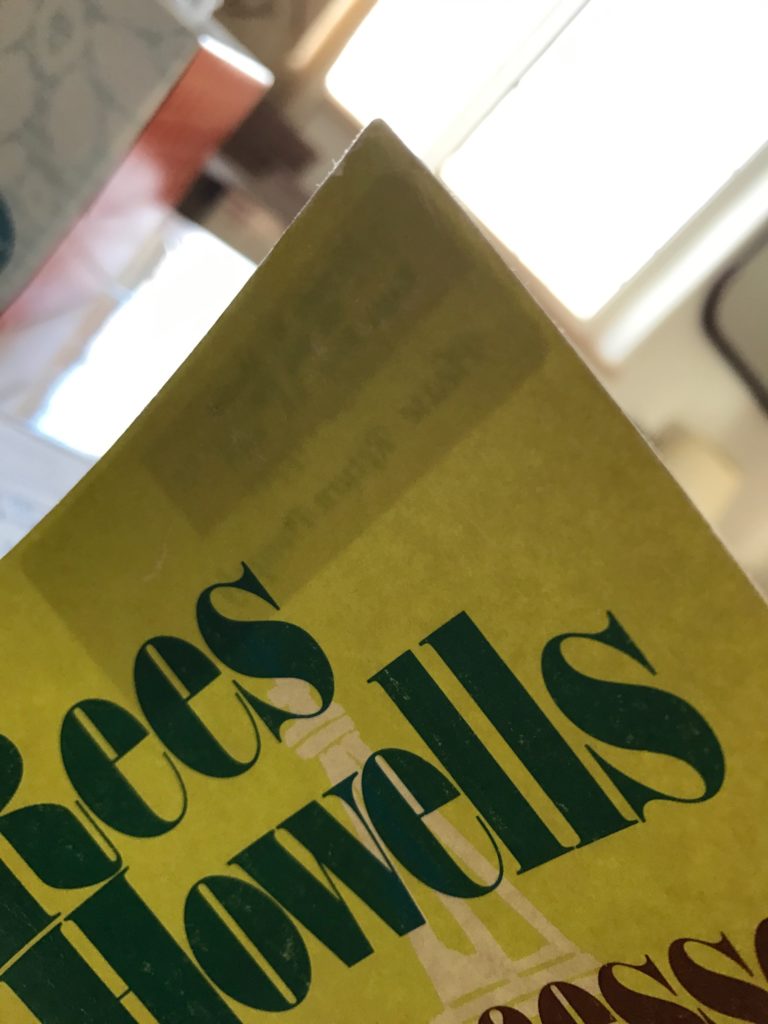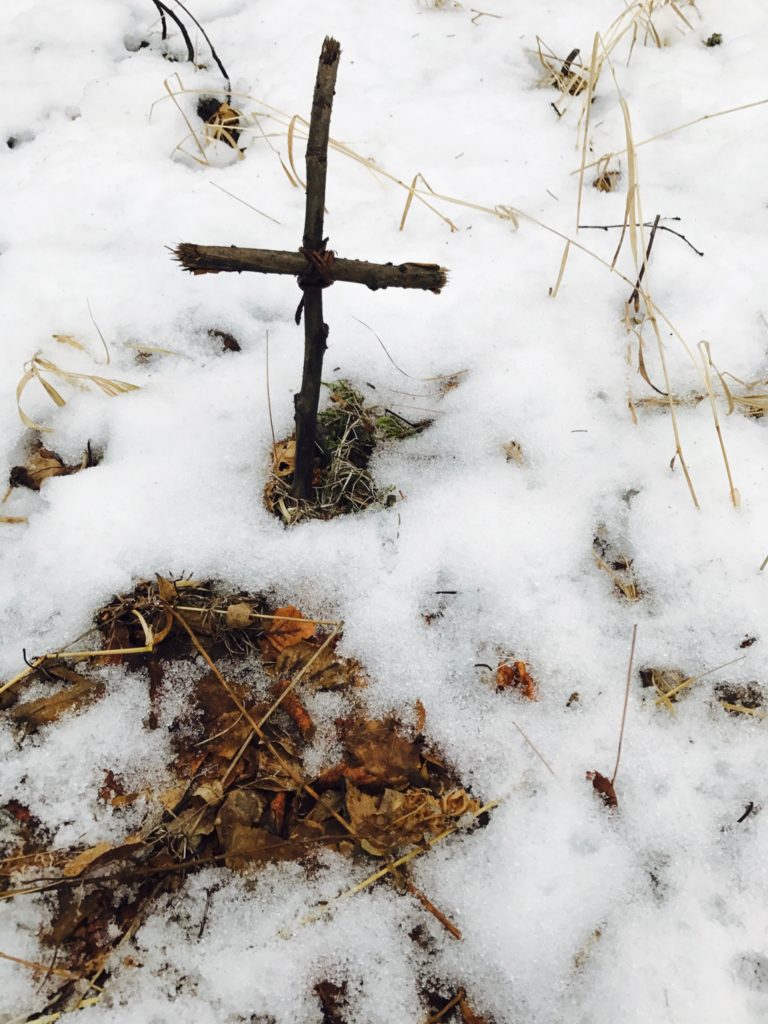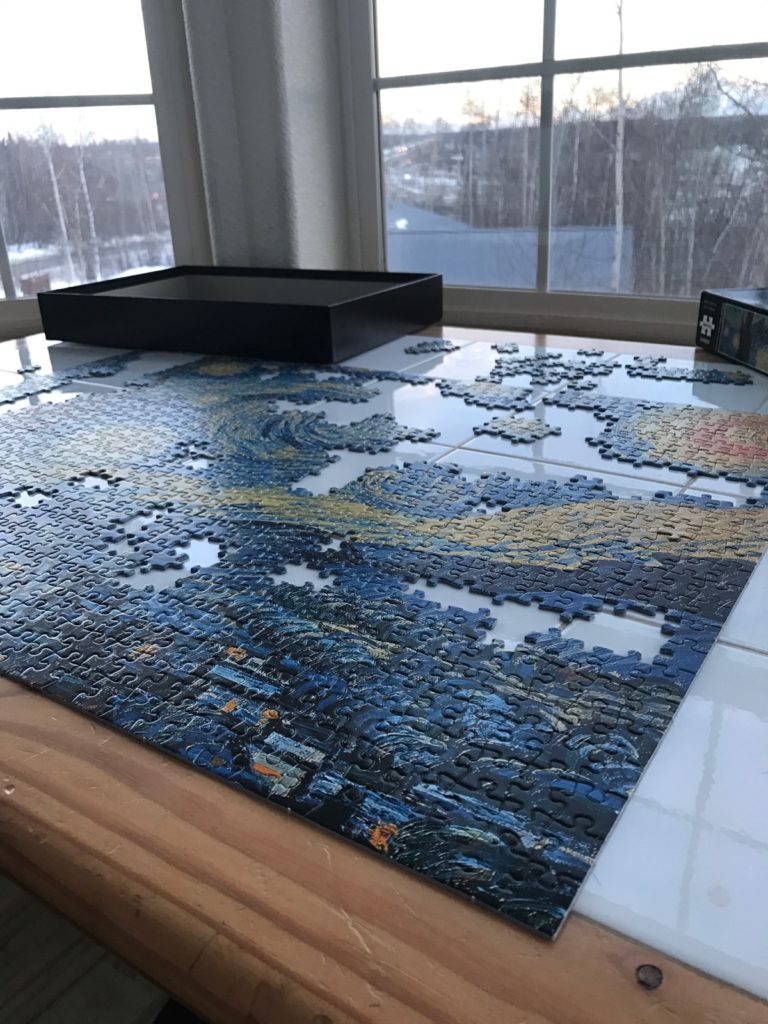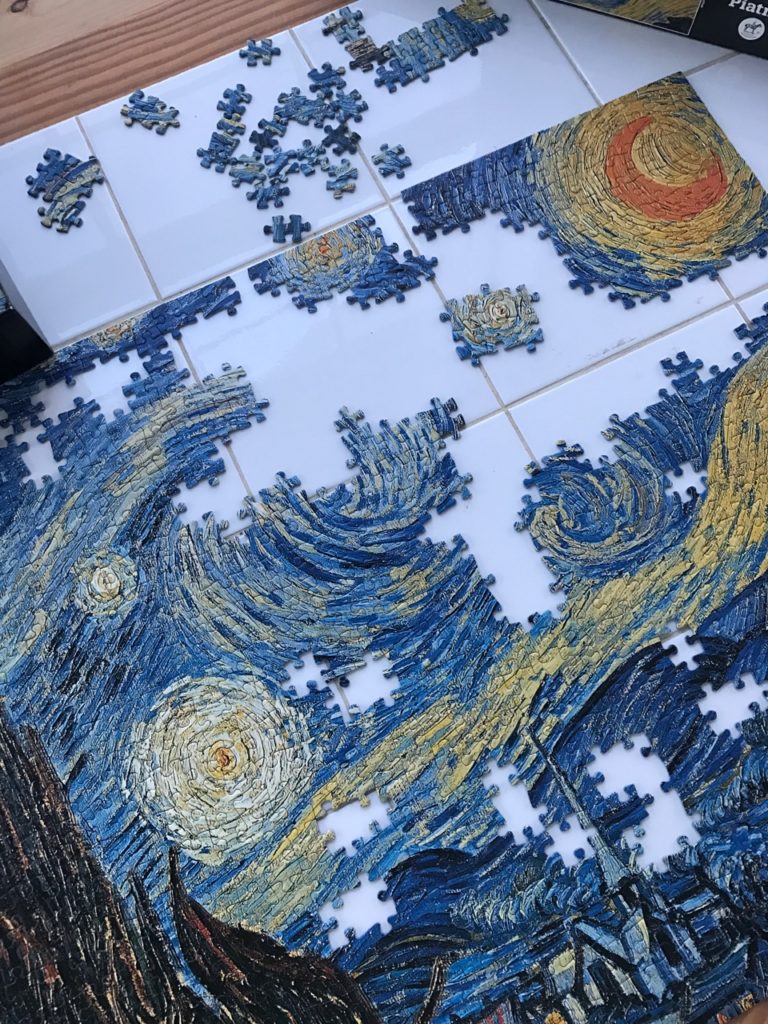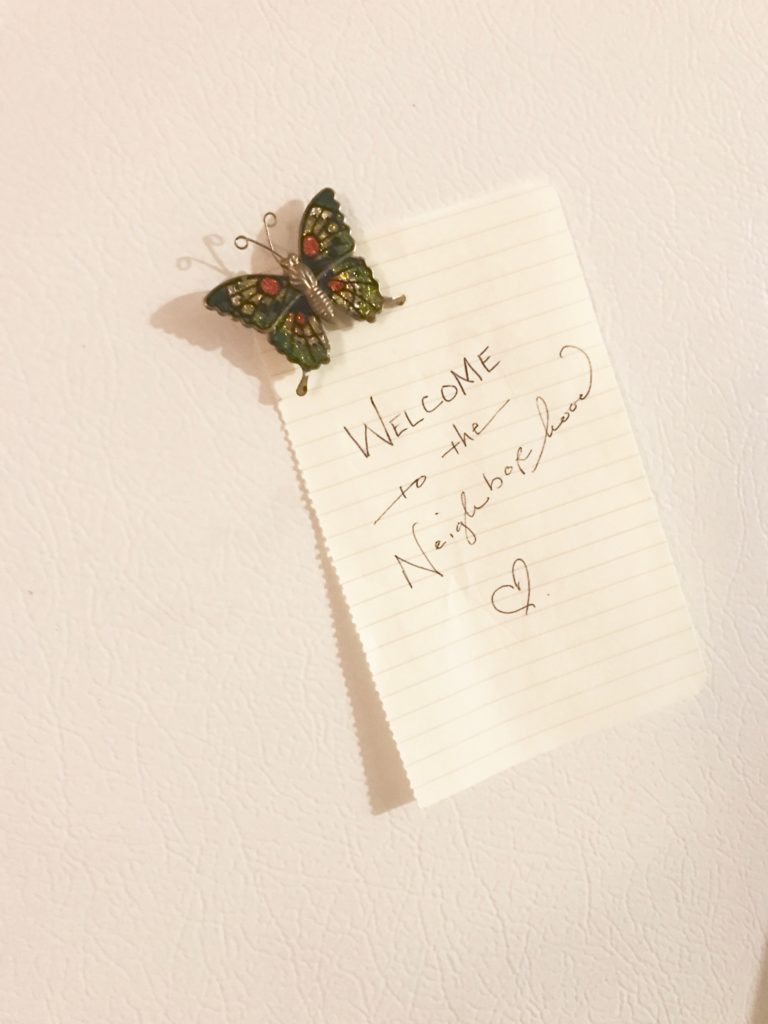We walked down the driveway in sunshine to piano lessons a few doors down. I held Finn’s hand and we both wore flip flops (or frip fwops, as he says), and the dirt path was scattered with puddles left over from the rain that morning.

I told him not to jump in them so he wouldn’t splash me. But of course he jumped in them a little. Probably on accident, mostly, just couldn’t help himself. He is a magnet to muddy water; by proximity, I tend to get muddy sometimes, too.
Recently I was on the phone with Grandma, and she told about some friends of hers who just moved somewhere in our neighborhood. We haven’t met them yet because I’m antisocial it’s hard to meet people when you avoid things like introductions. And our family isn’t, you know, the typical suburban white-picket fence type.
But she assured me they’re great people. “They’re younger, maybe middle aged,” she said. “Well, I guess they’re in their early 30’s. About your age.”
“I’m 41, Grandma.”
“What?! Where did the last ten years go?”
“Heck if I know.” I often wonder the same thing. Where did the time go? How did this happen? Our baby, that mud-magnet, turned three last week.
But if I think about it, I know it where much of the time went: the long adoption process, thousands of hours spent researching special needs and looking for help, going to appointments, praying for answers and wisdom and healing, and learning to communicate to our kids and our community in a way that walks the line between brutal truth and compassionate grace.
I scrolled social media at the end of a rough day last week and immediately regretted it. Satan must’ve been running Instagram that night because it was full of memes like this:
“The true evidence of someone who knows they are loved is that they love well.”
…And…
“The child is largely what the home has made him.”
Those were just a couple of examples. But they were a stab in the gut that night, after a kid repeatedly lied to me even when caught red handed.
For those of us who have kids with special needs, mental health issues, and/or pasts out of our control, these quotes come with a swift, hissing attack of condemnation:
He shuns everyone and pushes us away, so he must not know he’s loved…what are we doing wrong?
He has a zero trust level and continues to sneak and lie, but he is what the home has made him…wow, have we failed.
Looking back, I believe a lot of what we experienced as judgmentalism or simply indifference grew out of a profound misunderstanding of and lack of experience with mental illness. And sadly, this seems to persist despite the greater availability of information today.
– Sally Clarkson, Different
Those smug sayings might mean well, but they don’t encourage parents of children who compulsively make destructive choices due to trauma or mental illness.
They hold absolutely no inspiration or truth for parents who bleed themselves dry trying to show love to a child who returns those efforts with barbs and snarls.
And they do nothing to strengthen parents of children whose affection swings hot and cold, who hang on to the slightest offense and carry the heaviest of yokes, refusing to see goodness around them or to grow through personal responsibility, or who cannot admit moderation in their view of themselves and others instead of fluctuating between one extreme of believing certain people are infallible, to the other extreme of utter disdain when those same people make an honest mistake and fall off the pedestal they never asked to be put on.
Those parents don’t need to be told that the home is responsible for how their children behave. They’re already doing whatever it takes. Those parents need compassion, respect, and a night out.
Let’s try this saying instead: If your hands aren’t willing to get dirty, your mouth should hesitate to spout off advice or expertise.
Until you have had a child with a severe mental or emotional difference – OCD, autism, clinical depression, PTSD, or others – you just don’t know how constant the disruption can be every day, all the time. So it’s all too easy to assume that the attitudes and outbursts that characterize life with these mysterious children are just the result of a bad attitude, a lack of training, or poor parenting in general.
To complicate matters, children who are undisciplined, unloved, abused, or traumatized can exhibit some of the same attributes and behaviors, so diagnosing children’s issues is a complex pursuit. In my mind, that’s even more reason to extend grace wherever possible and strive for understanding instead of making assumptions.
– Sally Clarkson, Different
So, parents of special needs kids, listen up: We have to remember – and sometimes remind each other – that our home, our families, our parenting, and our children do not fit the easy, over-simplified cookie cutter mold. This peace is for you. Not those other pieces of veiled criticism and condemnation. Those pieces are not for you.
Those inspirational graphics and pep talks might be a self-satisfied pat on the back for perfect families with perfect kids, but I don’t know any of those. I know hard working, tear-spilling, question-asking families who already wonder if they’re doing enough – or if they will ever be enough – for their children’s needs.
They are struggling through parenting children with learning disabilities, or walking through grief and loss. Some of them are navigating what to do with a child with mental illness or addiction. And others are pushing through major life transitions, like launching kids out of the home and into adulthood, and they are so aware of their own past mistakes that they’re grateful their children have come out alive and thriving at all. Not all of our friends have kids with special needs, but they do all have real kids with real stuff – fears, attitudes, struggles. None of them always have styled hair, impeccable manners, and collars buttoned to the chin.
None of our close friends are perfect parents with perfect children. If they were, we wouldn’t be friends; our life is too messy. We’ve splashed on each other over dinners and coffee, during hikes, in courthouses, in living room prayer, through late night texts and phone calls. We speak light-filled, light-yoked truth to each other without condemnation and offer perspective that we can’t always give to ourselves.
These are the ones we listen to at the end of the hard days. They, too, have dirt under their fingernails, and they aren’t afraid to come within arm’s reach or get splashed on a little. Those are our people.
____________
Need more encouragement on adoptive parenting? Here you go, a whole page of resources and posts.

